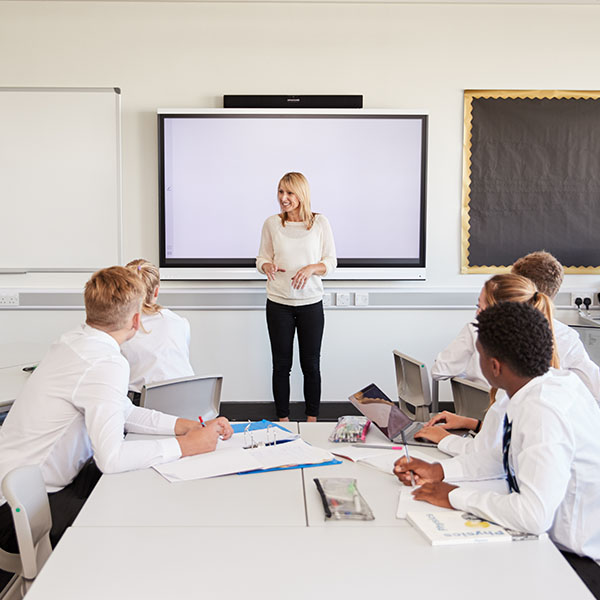Independent learning is the holy grail of education. It is considered to be the key to effective learning as students transform the way they take in and apply what they are taught. Many students may find this daunting as they are used to relying on teacher help, and the transition can prove difficult. However, with the correct guidance and nurturing, students will learn to take their learning into their own hands and advance on the path to success.
What Exactly is Independent Learning?
An independent learner is one who can take responsibility for their own learning. These are students who can take initiative and make good decisions without needing help from teachers. Developing independent learners is important to help students advance in their academic performance and stay motivated.
When students shift to independent learning, they often have more control over their time. They can decide when and where to spend their time and, with the right nurturing, they will decide on their own to spend it efficiently. Becoming an independent learner comes alongside an increased feeling of responsibility and accountability for personal success and failure. This can be especially motivating as students may feel a strong sense of pride when they see positive progress in their academics.
How You Can Help Your Students
Encourage a sense of purpose
When students care about what they are learning, they are more likely to apply themselves. This sense of purpose can be encouraged in many ways and a great place to start is by simply helping students realise what they will gain. Evidence shows that manipulation of the teaching environment could increase students interest in their learning. When students are told why and how the learning material would be useful to them in achieving their goals, they are more likely to put in more effort during their learning. When it comes to motivation, creating a sense of purpose may be an even better approach than either the carrot vs stick approach.
Encourage collaboration
Giving students the opportunity to work with their peers can be very useful as they can learn from each other and get feedback on their ideas from other students at their learning levels. This will show them to work with other people when necessary, and to not always look to the teacher for answers.
Research suggests that when students are asked to work together, they engage in more exploratory behaviour and are able to accept positive and negative feedback easier. Although this is not completely independent, it is a good starting point that can urge students to take the initiative to develop their own ideas. The only caveat here is that there will need to be a good degree of guidance to start with, to ensure they aren’t getting distracted and/or learning misconceptions from each other - we wrote about the pros and cons of group work to help you with this.
Encourage reflective thinking
When working on a task, it is important for students to continuously reflect and keep track of their learning. This will allow them to pinpoint areas of strength or weakness, and they can use this to monitor their progress without needing feedback from their teacher. Self-monitoring falls under the realm of reflection with students focusing on establishing goals they want to meet and being able to assess themselves as they reach each milestone. The best questions student can ask themselves include “How can I get better?” and “Where do I do my best work?”. These psychologically rich questions contribute to enhancing self-reflection.
Encourage goal setting
A good way to keep students on the track to becoming independent learners is by introducing them to effective goal setting. This must include flexibility, both short and long-term goals, and enough challenge to maintain motivation. Goal setting allows students to create targets that they would like to work on independently and achieve in a given time frame. This promotes success as students will feel a stronger sense of enthusiasm towards accomplishing their personal goals as they know the gains will benefit them.
Research has found that when people wrote down their goals, they were 33% more likely to achieve them than those who kept them in their minds. Encourage students to make a to-do list so that their goals feel more concrete.
Final Thoughts
As a teacher, you hope that one day your students will be able to apply what they have learnt without needing your guidance. Encourage them to self-reflect and set challenging yet realistic goals. Once students reach this stage of independency, they will have developed key skills necessary to succeed in their academics, and beyond.







